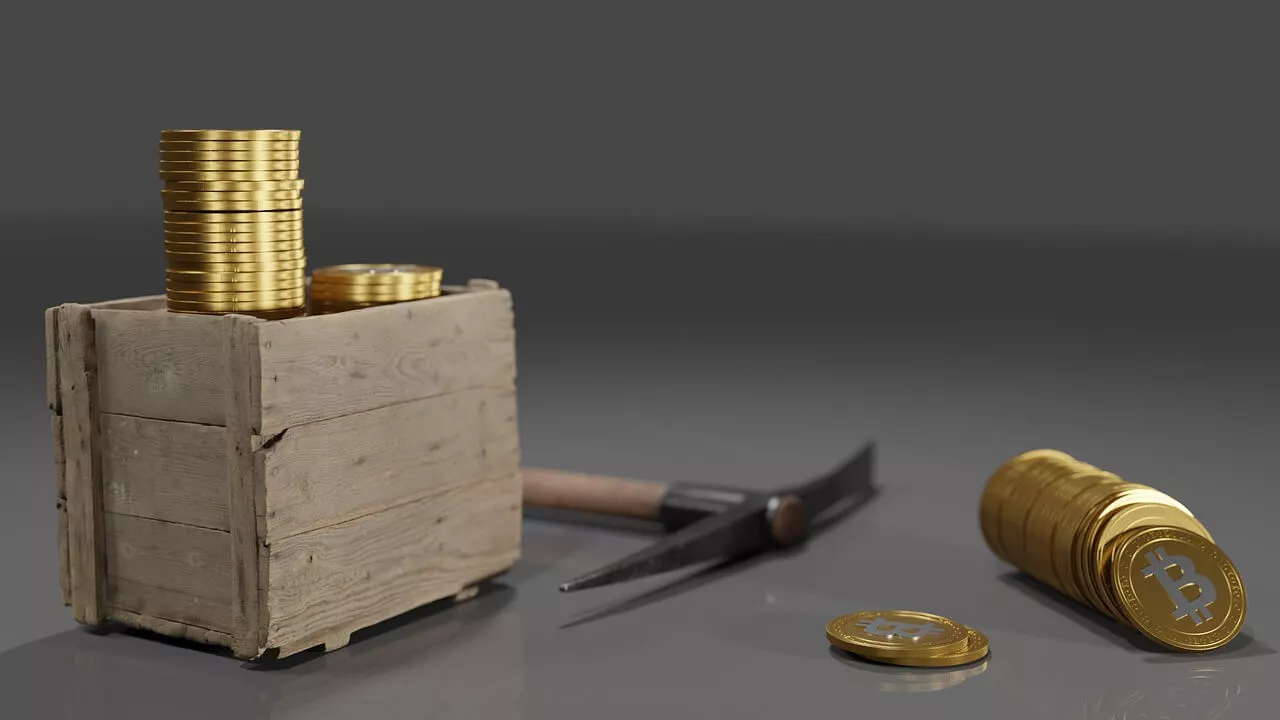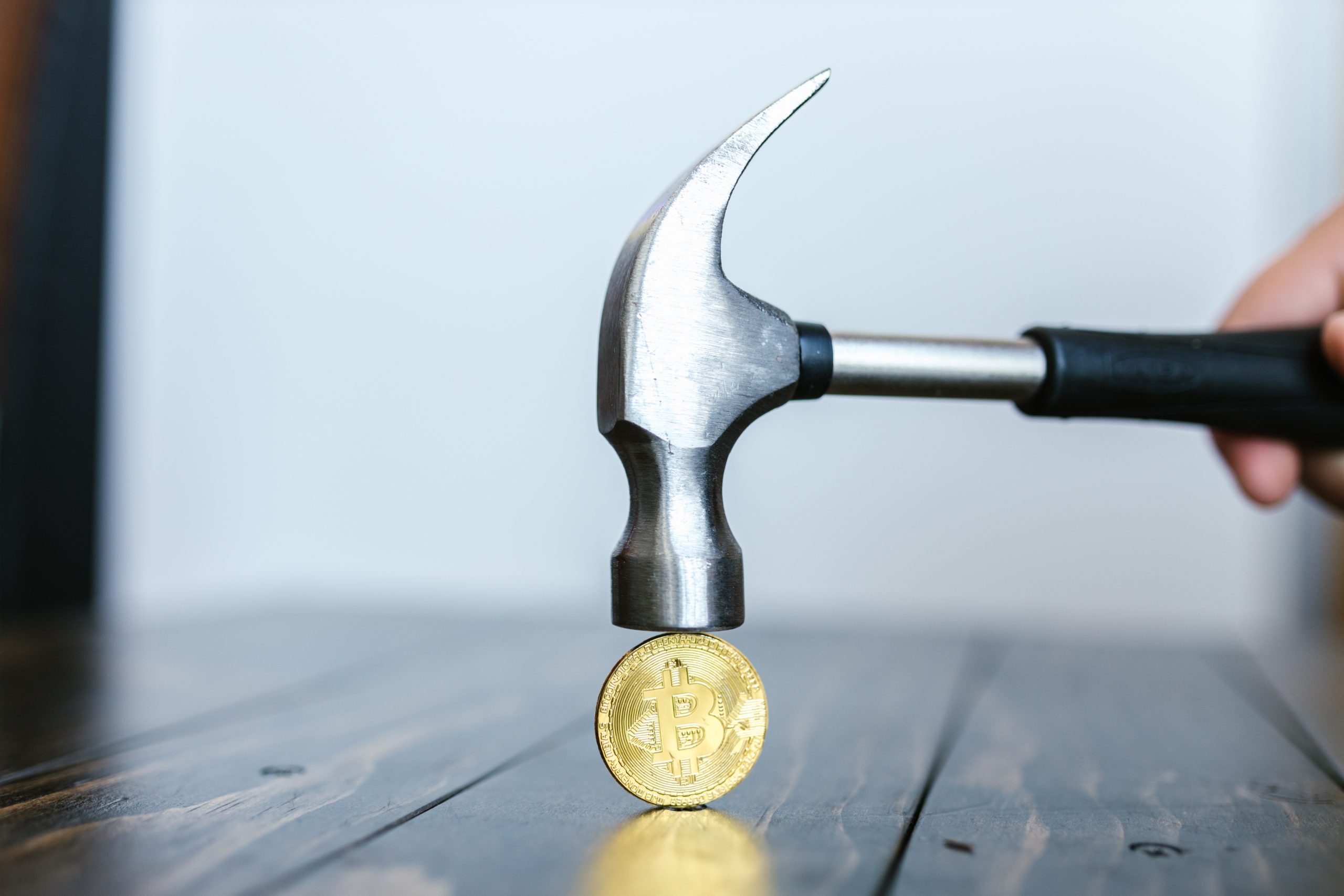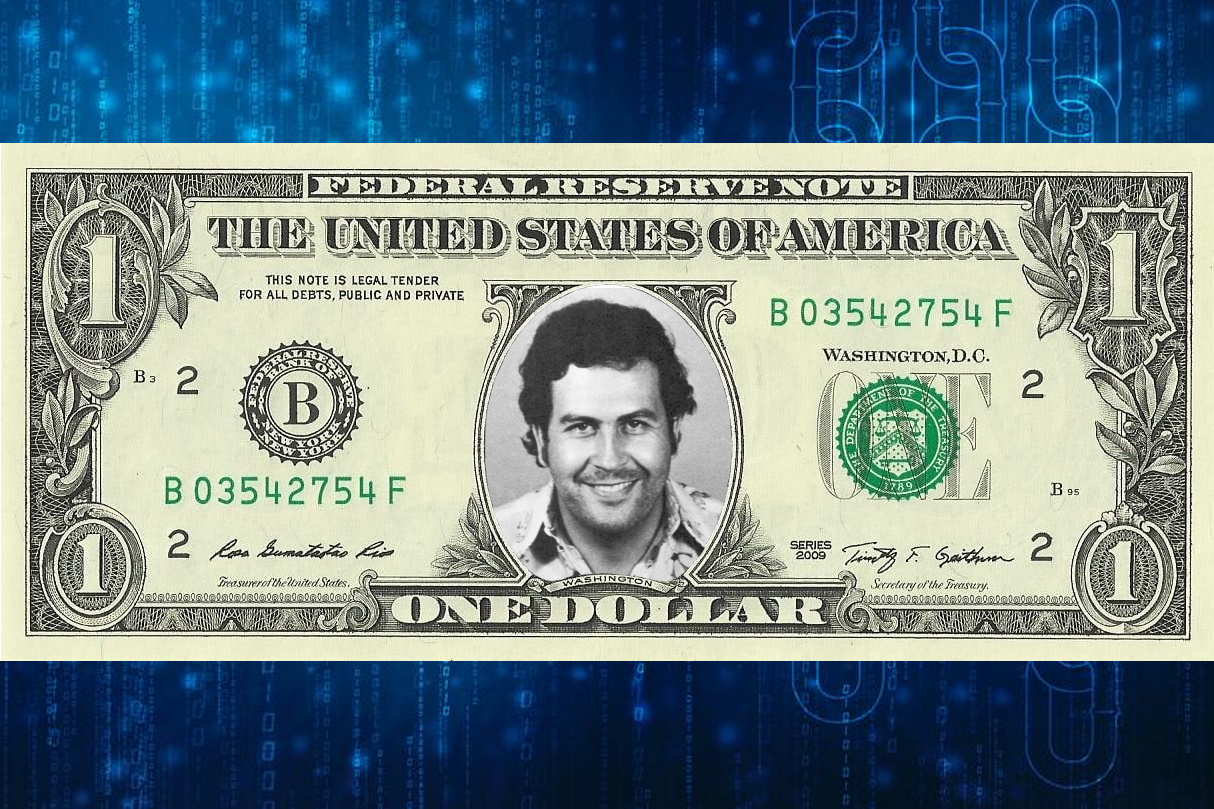
Bitcoin is a cryptocurrency that has grown in popularity as a result of its increasing value. It is created through a process called “mining.” Bitcoin mining is the process by which new bitcoins enter circulation.
Bitcoin mining is the process of creating new bitcoins through the solution of extremely difficult math problems that verify the currency’s transactions. The miner receives a predetermined amount of bitcoin for successfully mining one bitcoin.
With the prices of cryptocurrencies, particularly Bitcoin, skyrocketing in recent years, it’s natural that interest in mining has increased as well.
However, for the majority of people, the prospects for Bitcoin mining are dim due to the technology’s complexity and high costs.
Learn How To Trade Cryptocurrencies Like A Pro.
Table of Contents
What is Bitcoin Mining?
Bitcoin mining is the process of adding records of past transactions to Bitcoin’s public ledger, or blockchain.
This ledger of previous transactions is referred to as the “block chain” because it is composed of blocks. The block chain is used to validate transactions for the rest of the network.
Bitcoin nodes use the block chain to differentiate legitimate Bitcoin transactions from attempted re-spending of previously spent coins.

How Bitcoin Mining Works?
Bitcoin miners compete to solve extremely complex math problems that require the use of expensive computers and enormous amounts of electricity in order to successfully add a block.
Application-specific integrated circuits, or ASICs, are required and can cost up to $10,000. ASICs consume enormous amounts of electricity, drawing criticism from environmental groups and reducing miners’ profitability.
If a miner successfully adds a block to the blockchain, they will be rewarded with 6.25 bitcoins. Around every four years, or every 210,000 blocks, the reward amount is halved. Bitcoin was trading at around $66,000 in November 2021, making 6.25 bitcoins worth more than $400,000.
However, the price of bitcoin has been extremely volatile, making it difficult or impossible for miners to determine the value of their payment when it is received.
What are the Risks of Bitcoin Mining?
Mining bitcoin entails a number of risks. The total cost of ownership, including hardware and energy, can be substantial. And there is no guarantee that an individual operating a system on the network will realize a profit.
Additionally, governments have the ability to quickly alter the equation, which means they can easily affect profitability. Mining prohibitions are an excellent example. China, for example, banned bitcoin mining in 2021, reducing the country’s mining share to nearly zero.
Other countries, such as Nepal and Algeria, have also prohibited bitcoin mining by outlawing all cryptocurrency-related activity. In 2019, Nepal passed the Foreign Exchange Act, which prohibits mining. Algeria had done the same thing the previous year.
Bitcoin mining has also sparked controversy due to concerns about its environmental impact. According to some industry observers, this activity has a carbon footprint comparable to that of a small country.
This year, Swedish government officials wrote an open letter to the European Union requesting that the European Union prohibit Bitcoin mining, emphasizing that this activity jeopardizes Sweden’s ability to meet the Paris Climate Agreement’s goals.
Is Bitcoin Mining Legal?
While bitcoin mining is legal in the majority of countries, several jurisdictions have prohibited it. China, the world’s second-largest economy, has banned bitcoin mining. Additionally, the government of the country has prohibited all cryptocurrency transactions.
Analysts have explained that China’s authorities believe cryptocurrencies could jeopardize the country’s plans to roll out a central bank digital currency, which it has been testing.
Algerian legislators reportedly began considering a complete ban on digital currencies in 2017, claiming that criminals could use them for money laundering, drug trafficking, and tax evasion.
Risks of Bitcoin Mining
- Price volatility: Bitcoin’s price has fluctuated significantly since its inception in 2009. Bitcoin has traded between less than $10,000 and nearly $67,000 in the last year. This degree of volatility makes it difficult for miners to determine whether their reward will outweigh their high mining costs.
- Regulation: Few governments have embraced cryptocurrencies such as Bitcoin, and many are more skeptical of them due to their independence from government control. There is always the possibility that governments will ban mining Bitcoin or other cryptocurrencies entirely, as China did earlier this year, citing financial risks and increased speculative trading.
Learn How To Trade Cryptocurrencies Like A Pro.
Related Question And Answer
How long does it take to mine 1 bitcoin?
With today’s difficulty rate, it may take a solo miner nearly five years to mine just one bitcoin. That’s the average rate for miners, even for those who use the most efficient mining hardware.
How do Beginners mine Bitcoins?
If a miner successfully adds a block to the blockchain, they will be rewarded with 6.25 bitcoins. Around every four years, or every 210,000 blocks, the reward amount is halved. Bitcoin was trading at around $66,000 in November 2021, making 6.25 bitcoins worth more than $400,000.
How much do bitcoin miners make a day?
After paying the 1.25 percent mining pool fee, Gitzes’ miners generate approximately.0055 bitcoin per day, or $216 at today’s prices. With daily electricity costs of around $30, he earns approximately $186 per day, or just shy of $5,700 per month.
How many Bitcoins are left?
There are only 21 million bitcoins available for mining. Bitcoin will never reach that limit due to its codebase’s use of rounding operators.
Is Bitcoin mining legal?
Bitcoin ownership and mining are legal in the vast majority of countries. According to a 2018 report, it was illegal in Algeria, Egypt, Morocco, Bolivia, Ecuador, Nepal, and Pakistan. In general, Bitcoin use and mining remain legal in the majority of the world.
Can I mine Bitcoin on my phone?
Bitcoin Miner is an Android application that enables you to earn money by mining Bitcoin on your pho-ne. The app can be downloaded from the Google Play Store and, once installed, will generate revenue while running in the background of your phone.
How much Bitcoin can you mine in a day at home?
What Is the Maximum Amount of Bitcoin That Can Be Mined in a Day? Each bitcoin block takes ten minutes to mine, which means that 144 blocks are mined each day. This means that at the current rate of bitcoin halving, 900 BTC are available in daily rewards.
Is Bitcoin mining legal in the US?
Bitcoin was legal in the United States, Japan, the United Kingdom, and the majority of other developed countries as of June 2021. In general, it is necessary to examine the laws governing bitcoin in specific countries. Due to the apparent flaws in Bitcoin for those seeking anonymity, illegal activity is migrating to other cryptocurrencies.
Final Thought
While Bitcoin mining may sound appealing, the reality is that doing so profitably is difficult and expensive. Bitcoin’s extreme volatility adds another layer of uncertainty to the equation.
Bear in mind that Bitcoin is a speculative asset with no intrinsic value, meaning it will not generate revenue for its owner and is not pegged to something like gold.
Your return is contingent upon selling it to another party at a higher price, which may or may not be sufficient to generate a profit.



